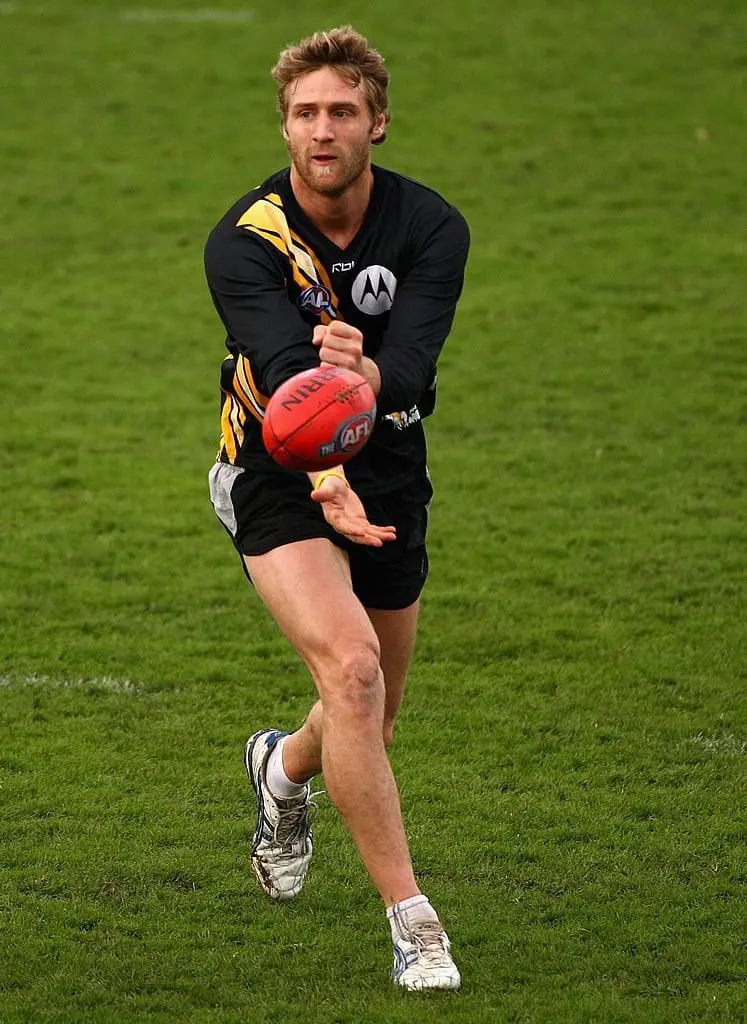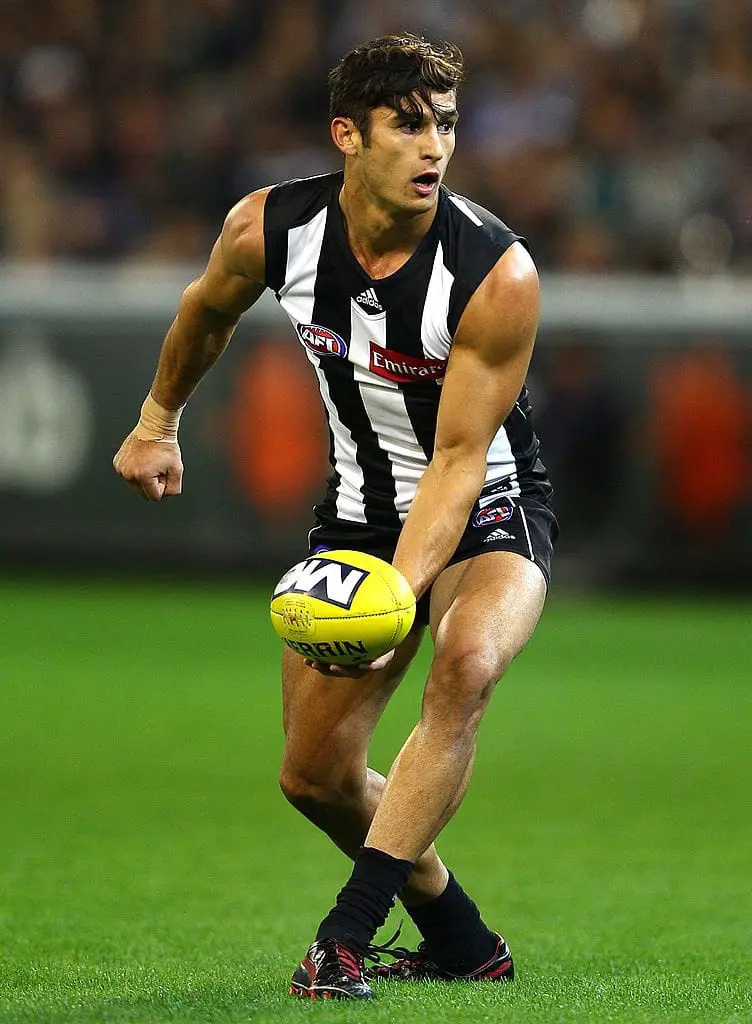The Transport Accident Commission has long been associated with AFL clubs, but it has never been a successful partnership.
Geelong yesterday officially lost its sponsorship with the TAC after captain Joel Selwood lost his licence for a month after he was caught driving at 127km/h in a 100km/h in late February.
It is the latest in a long line of partnerships with AFL clubs which have ended badly for the Commission.
The TAC had a long association with the Richmond Football Club in the late 1990s and early 2000s, before a driving indiscretion by then 19-year-old, Jay Schulz in 2005, resulted in the sponsorship being pulled.

TAC ended its 16-year-old partnership with the Tigers after Schulz was caught travelling 80km/h in a 40 km/h zone in the inner-city Melbourne suburb of Prahan, with a blood alcohol reading of 0.065 and while still on his probationary licence.
Following its sponsorship with Richmond, The company tried its luck with the biggest club in the land, Collingwood.
The sponsorship with Collingwood lasted seven years before then rookie, Sharrod Wellingham was caught drink driving and driving more than the double the limit in Lorne in 2008.

Former Hawthorn and current Sydney star Lance Franklin and ex-Hawks ruckman Simon Taylor were in the car with Wellingham at the time, who was 19 years of age.
The deal was reportedly worth around $500,000 per season to the Magpies.
The TAC also docked the club $10,000 in May 2004, after Cameron Cloke was caught travelling 144km/h in a 100km/h and fined them $200,000 in April 2006 after Chad Morrison was nabbed drink driving on his scooter.
While these indiscretions are by no means acceptable and the players have been rightly punished by either being fined or losing their licences, perhaps sponsoring AFL clubs is simply not a smart business decision by the TAC if the business want to take a zero tolerance approach.
But perhaps the TAC's sponsorship dollars could be better spent within an AFL club.
Throw a bunch of young men, aged 18-35, together and chances are that some of them will get caught speeding or even have a bit too much to drink before driving a car at one point in time.
Getting behind the wheel of a vehicle after drinking alcohol is a disastrous decision to make, and one that can have deadly consequences.
However, unfortunately, young people are more likely than any other demographic in society to drink drive or lose their lives on our roads.
In 2015, 22% of drivers who lost their lives on Victorian roads were aged between 18 and 25, despite the same age group only representing 13% of Victorian licence holders. Over the past decade, 25% of drivers who have lost their lives on the road in Victoria have been aged between 18 and 25.
These are alarming statistics and figures which we as society need to work together to decrease.
The age group which the TAC is trying to target with its messaging, is the exact demographic that is most represented in an AFL club and that is most likely at attend and watch football matches.
Players from all three clubs who have lost their sponsorship with the TAC have played an active role in the community to promote road safety, which is part of the agreement with the club and the TAC.
While the decision from these young athletes should certainly be punished and scrutinized, perhaps it is an opportunity for the TAC to further educate as well as enhance and promote its message to the demographic it is meant to hit home for.
What better area of society than the football arena is there to ensure an audience of teenagers and 20-30 year olds are hit with the message of road safety?
It is a difficult situation to nail, but completely pulling sponsorship from an AFL club, might not be the best option for the TAC.
























